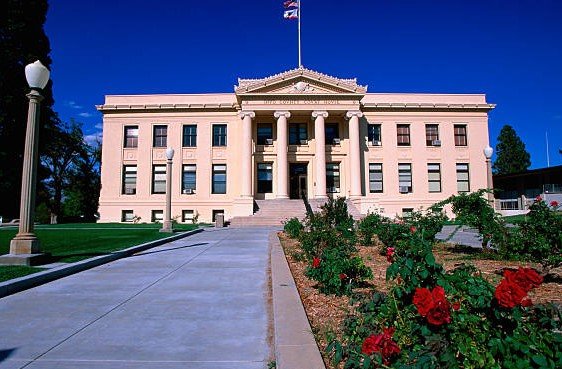In a landmark ruling, a California court has classified decentralized autonomous organizations (DAOs) as general partnerships under state law. This decision has significant implications for DAO members, potentially exposing them to personal liability for actions taken by the organization.
The ruling, issued by U.S. District Judge Vince Chhabria on November 18, centered on Lido DAO, the governing body behind the popular liquid staking protocol. By defining DAOs as general partnerships, the court has paved the way for holding individual members accountable for the organization’s conduct.
The Case That Challenged DAO Governance
The case emerged when Andrew Samuels, an investor in Lido DAO’s native token (LDO), filed a lawsuit accusing the organization of selling unregistered securities. Samuels argued that Lido DAO should have registered the tokens with the U.S. Securities and Exchange Commission (SEC) and sought compensation for his losses.
Judge Chhabria ruled that Lido DAO qualifies as a general partnership under California law, highlighting that the organization’s decentralized structure does not shield it from legal responsibilities.
Key points from the ruling include:
- Identifying Partners: Prominent institutional participants like Paradigm Operations, Andreessen Horowitz, and Dragonfly Digital Management were labeled as general partners due to their involvement in Lido DAO’s governance.
- Dismissal of Claims: Robot Ventures, another entity accused of being a partner, was excluded from liability because of insufficient evidence of its active role in DAO operations.
- Legal Framework: The court asserted that decentralized governance models do not exempt DAOs from state partnership laws, particularly when members actively engage in decision-making.
The ruling underscores the risks inherent in participating in DAO governance and questions the viability of current decentralized structures under existing legal frameworks.
Implications for Decentralized Governance
This decision sets a worrying precedent for the future of DAOs and decentralized governance, potentially reshaping the legal landscape for blockchain-based organizations.
Miles Jennings, General Counsel at Andreessen Horowitz’s crypto division, described the ruling as a “huge blow to decentralized governance,” highlighting the legal uncertainty this decision introduces for DAOs operating in the U.S.
Key Implications:
- Increased Risk: DAO members, regardless of their level of participation, may now face personal liability for the actions of their organizations.
- Regulatory Compliance: DAOs might need to reassess their structures to ensure compliance with state and federal laws, potentially sacrificing some of their decentralized features.
- Institutional Involvement: Major institutional investors and firms participating in DAOs may reconsider their involvement to mitigate legal exposure.
Broader Questions for the Crypto Community
The ruling raises important questions about how decentralized organizations can align with traditional legal systems while preserving their core principles. Many DAOs rely on token-based governance, which distributes power across participants, but this decision challenges the assumption that decentralization equates to immunity from legal frameworks.
Legal Challenges on the Horizon
Lido DAO isn’t the first DAO to face legal scrutiny, and this ruling could embolden regulators and plaintiffs to bring more cases against similar organizations. With the classification of DAOs as general partnerships, members in other states might also find themselves vulnerable to litigation.
For now, blockchain advocates and DAO operators are likely to push for clearer regulatory guidelines or consider restructuring their organizations to limit liability.


 Bitcoin
Bitcoin  Ethereum
Ethereum  Solana
Solana  Cardano
Cardano  Chainlink
Chainlink  Avalanche
Avalanche  Sui
Sui  Polkadot
Polkadot  Mantle
Mantle  Bittensor
Bittensor  NEAR Protocol
NEAR Protocol  Internet Computer
Internet Computer  Cosmos Hub
Cosmos Hub  Quant
Quant  Algorand
Algorand  Render
Render  Filecoin
Filecoin  Aptos
Aptos  Arbitrum
Arbitrum  Jupiter
Jupiter  Sei
Sei  Stacks
Stacks  Injective
Injective  Pyth Network
Pyth Network  Celestia
Celestia  The Graph
The Graph  Optimism
Optimism  THORChain
THORChain  Immutable
Immutable  MultiversX
MultiversX  Akash Network
Akash Network  dYdX
dYdX  Flow
Flow  Illuvium
Illuvium  Manta Network
Manta Network  Kujira
Kujira  Metis
Metis  Dymension
Dymension